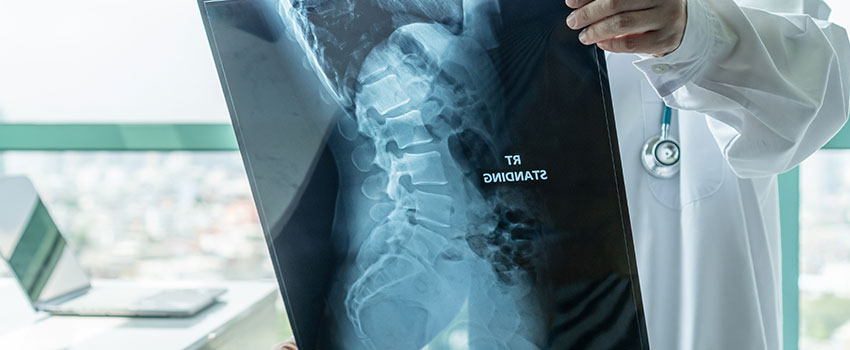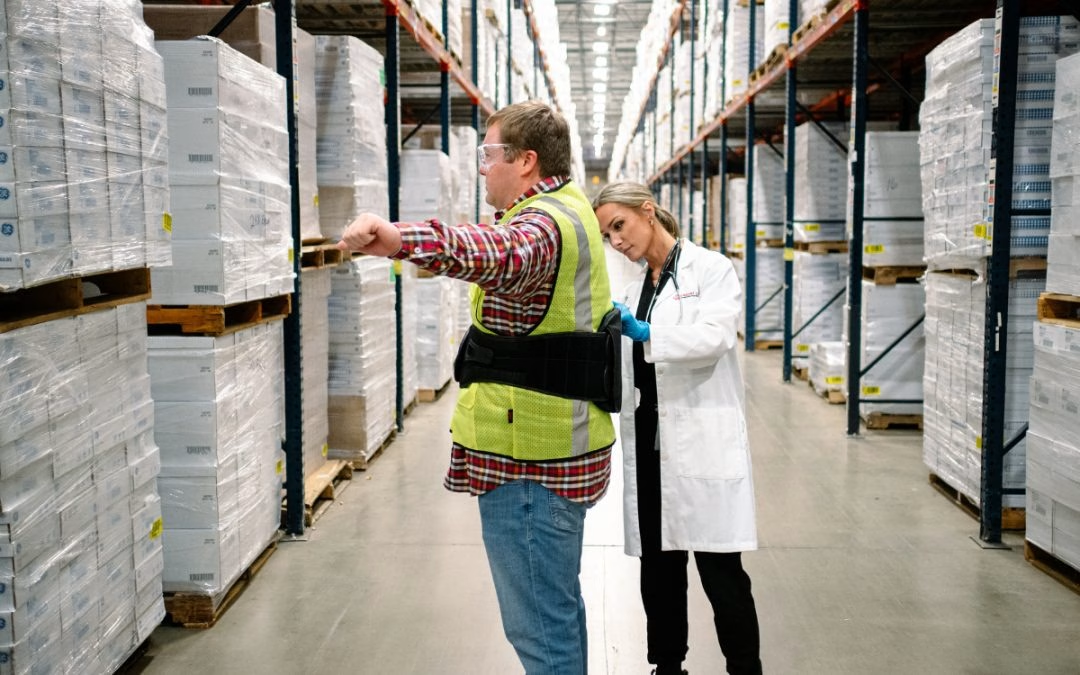
Let’s face it: Accidents happen among kids, even if they’re at Johnston Woods or Camp Highland for a summer camp. If your child gets hurt and the pain is lingering, it might be time to consider getting an X-ray, but are they safe for kids?
Our AFC Urgent Care Cleveland team provides some answers below, so keep reading!
What Are X-rays?
An X-ray is a common imaging test that’s been used for decades, and it helps your doctor view the inside of your child’s body without having to make an incision. This can help him or her diagnose, monitor and treat all sorts of medical conditions.
There are several different types of X-rays that are used for different purposes, but the most common, and the one that will be used if you believe your child has sustained a fracture, is the bone X-ray. We’ve listed some other reasons X-rays may be performed below.
Other Reasons to Perform an X-ray
- To examine an area where your child is experiencing pain or discomfort
- To monitor the progression of a diagnosed disease
- To check how well a prescribed treatment is working
Are X-rays Safe for Kids?
X-rays are forms of radiation, and it’s understandable if you are uncomfortable exposing your child to radiation. However, radiation is around us all the time. Every day, we take in small amounts of radiation from the sun and other sources.
The main risk of X-ray radiation exposure is developing cancer later in life, but this is really only common among children that get lots of X-rays and CT scans. For most children, radiation exposure probably only raises their risk of cancer a very small amount, if at all. Plus, the risks of not having an X-ray when needed are much greater than any small risk of the X-ray itself. We’ve listed some ways you can still be careful and limit your child’s X-ray risk below.
Ways to Exercise Caution
- Talk with your healthcare provider if you are worried that your child is receiving too many X-ray tests.
- Only allow X-rays, fluoroscopy or CT scans when there is a clear health benefit for your child.
- Use the lowest amount of radiation possible (based on your child’s size) to get the needed images.
- Only X-ray the area needed.
- Use shielding when possible, especially for very sensitive areas, such as the thyroid gland and genitals.
We understand the wariness that can come with X-rays, but the reality is that X-rays are one of the most helpful medical tools out there! If your child needs an X-ray, don’t hesitate to visit our AFC Urgent Care Cleveland center today.


